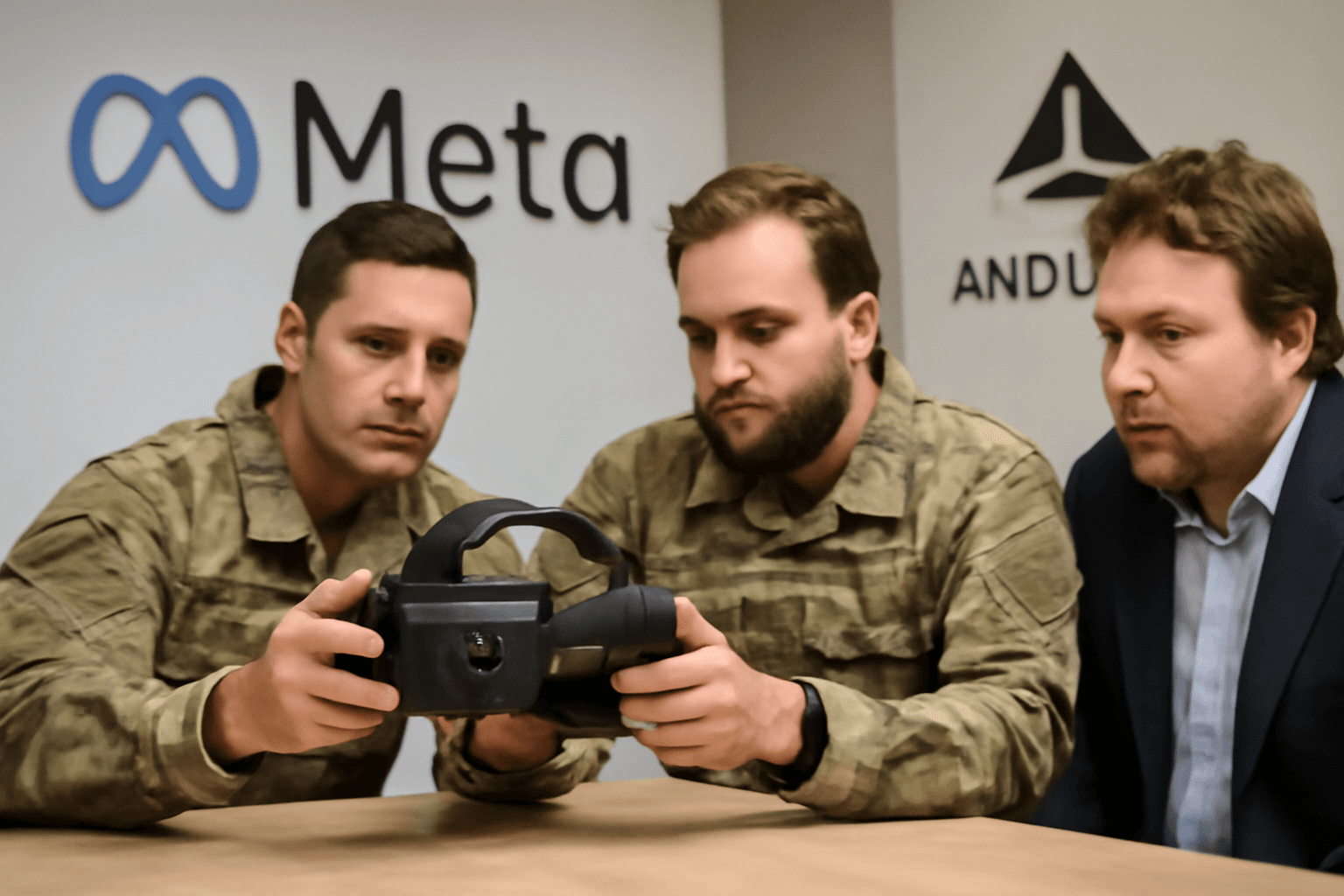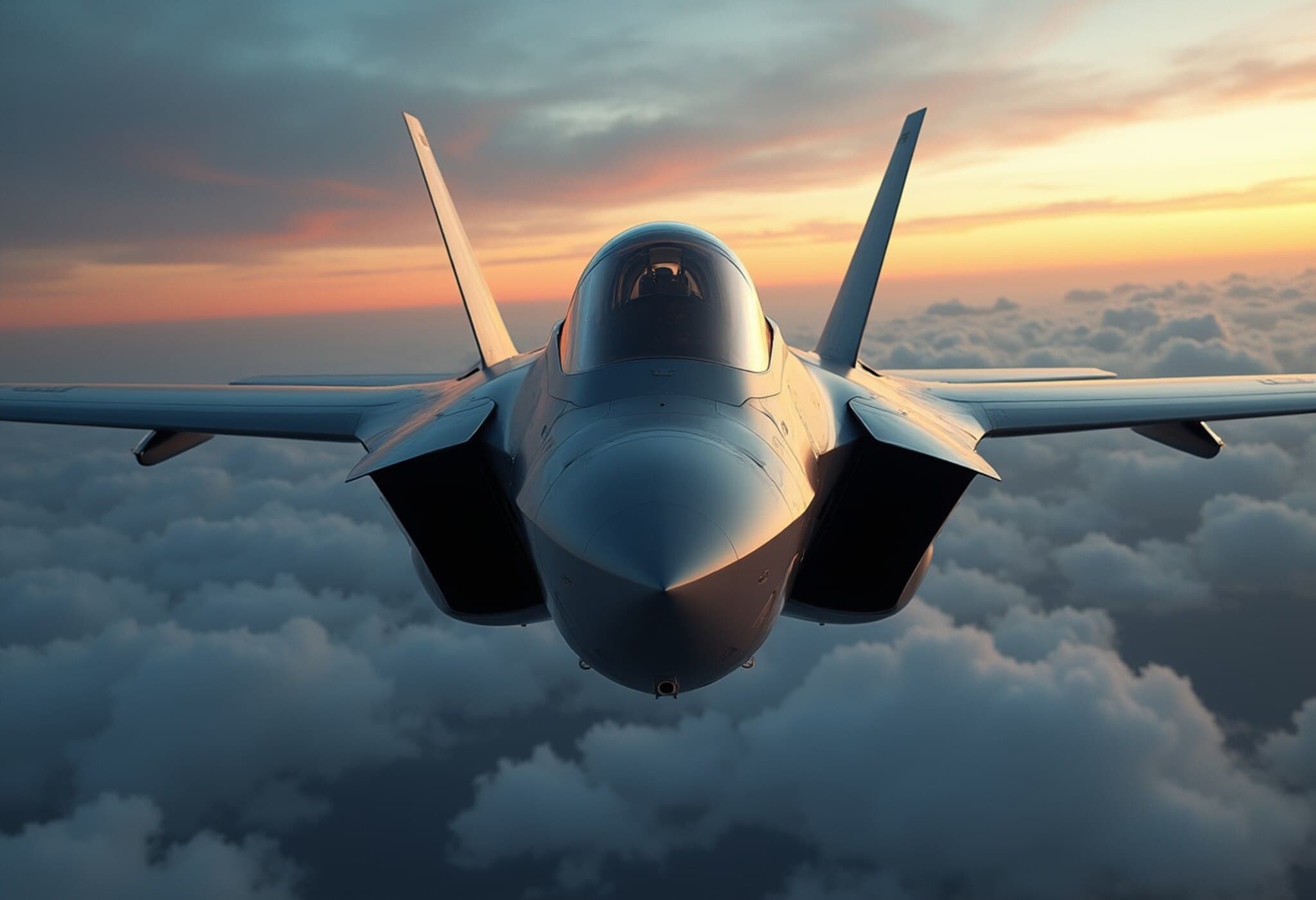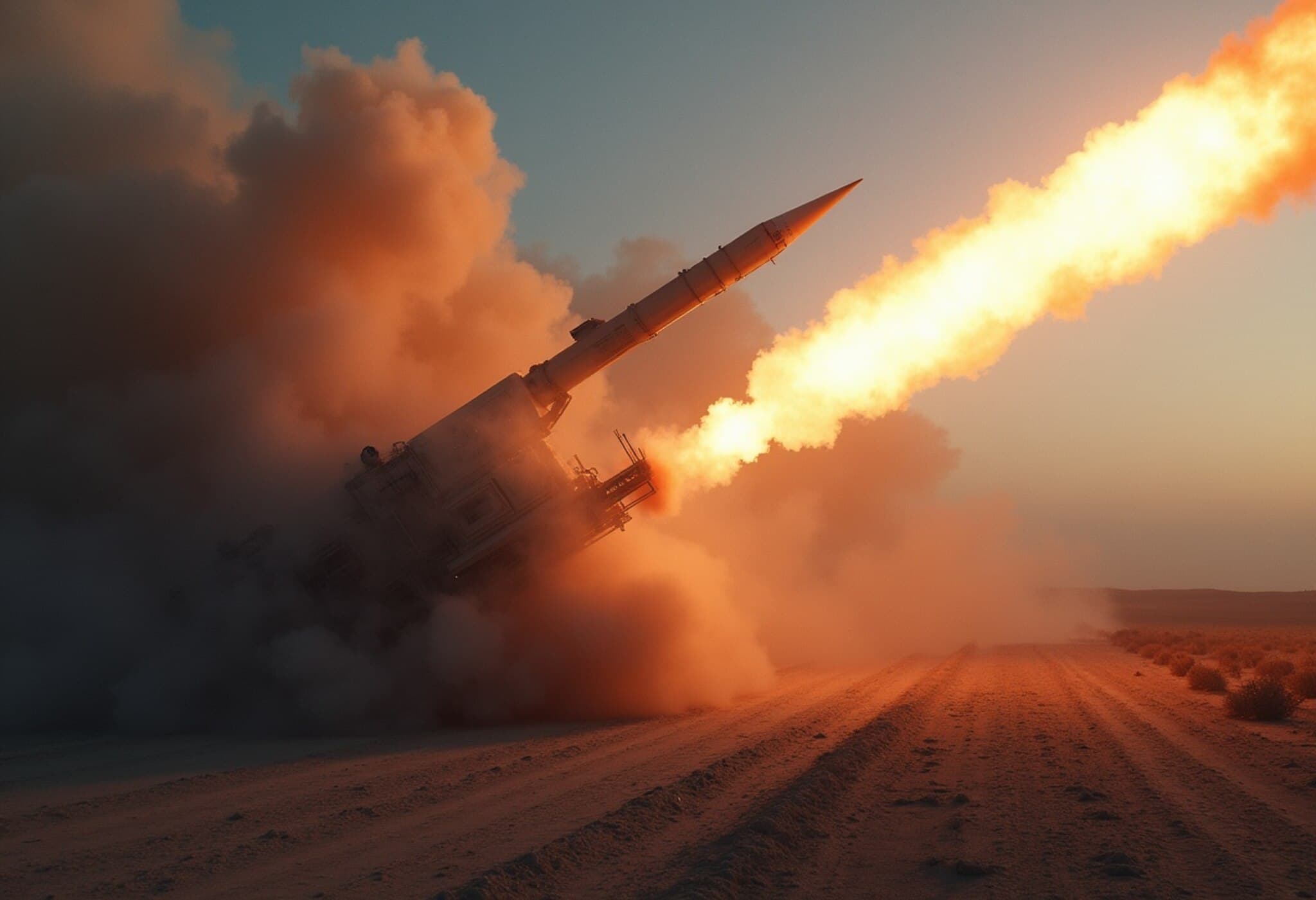Meta and Anduril, the defense technology startup founded by Palmer Luckey, announced a collaboration aimed at developing virtual and augmented reality devices for the U.S. Army. This partnership marks a significant move by Meta to integrate advanced technology within government defense applications.
Palmer Luckey originally sold his VR startup Oculus to Meta (formerly Facebook) for $2 billion in 2014 before parting ways under controversial circumstances in 2017. Despite their past differences, the renewed partnership between Luckey and Meta signals a strategic alignment to equip American service members with state-of-the-art computing platforms.
The joint venture focuses on advancing 'EagleEye,' a sensor system designed to enhance soldiers' auditory and visual capabilities on the battlefield. The collaboration is part of a bid for an Army contract valued at up to $100 million, although both companies intend to continue their work together regardless of the outcome.
Meta CEO Mark Zuckerberg emphasized the company's decade-long investment in artificial intelligence and augmented reality technologies, expressing pride in assisting those who protect national interests. The initiative also aims to sustain America's technical superiority while delivering substantial cost savings by utilizing high-performance components adapted from commercial technologies.
In addition to this partnership, Anduril has announced a cooperation with OpenAI on artificial intelligence projects focused on national security, underscoring the startup's commitment to innovative defense solutions.



















